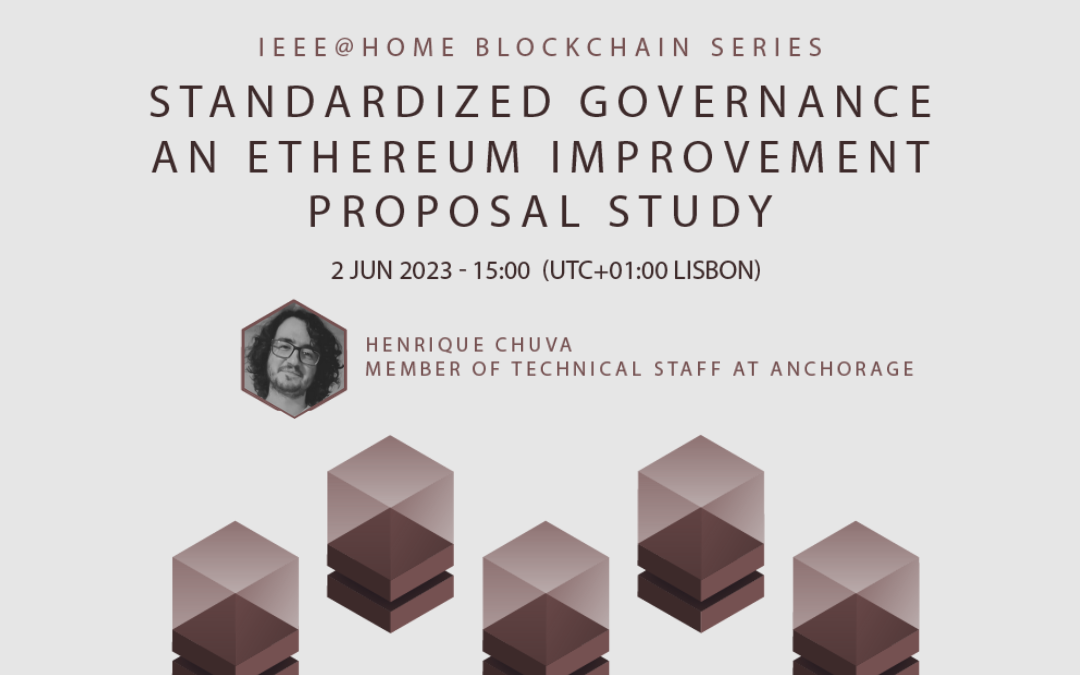Dear Blockchain Enthusiast,
Since the introduction of the Ethereum Virtual Machine (EVM), the Ethereum blockchain has become the home for a continuously growing number of different protocols.
With one of the main objectives of these protocols being complete decentralization, much like the blockchain itself, governance processes have become a common and almost necessary feature of any project required to drive the development and growth of a protocol, removing the capability of unilateral decision making from a single individual or entity, and instead allowing the entire community to partake in said decisions by voting on proposals that can affect the inner workings of the protocol itself.
With so many protocols being developed, a possible governance standard does bring multiple advantages to the Ethereum ecosystem, allowing easier implementation and support by DApps, which can make it much easier for the user to follow and participate on proposals from different protocols by creating easy to use applications that provide easy access to multiple different protocols, which ultimately aids the growth of the community of any given project.
In Ethereum, said standards are first presented as an EIP (Ethereum Improvement Proposal), and as of time of writing, there is still no standard governance improvement proposal that aims at generalizing and standardizing governance smart contracts.
As such, the main objective of this presentation is to dive in some of the research done on current Ethereum governance protocols, including their inner workings and common traits, some of the unique elements found on some of the protocols that have the potential to limit the creation of a standard, and finally evaluate and discuss the possibility of a governance EIP aimed at standardizing the most most common governance processes and smart contracts while not limiting the functionalities of current and future projects nor inhibiting future innovations.
Don’t miss-out this online talk by Henrique Chuva, a member of technical staff at Anchorage Digital, on 2 June, 2023 at 3.00 p.m. (UTC+1 Lisbon time) with an expected duration of 1 hour. The session will be held in English. Feel free to participate in this initiative which INOV is proud to help organize.

